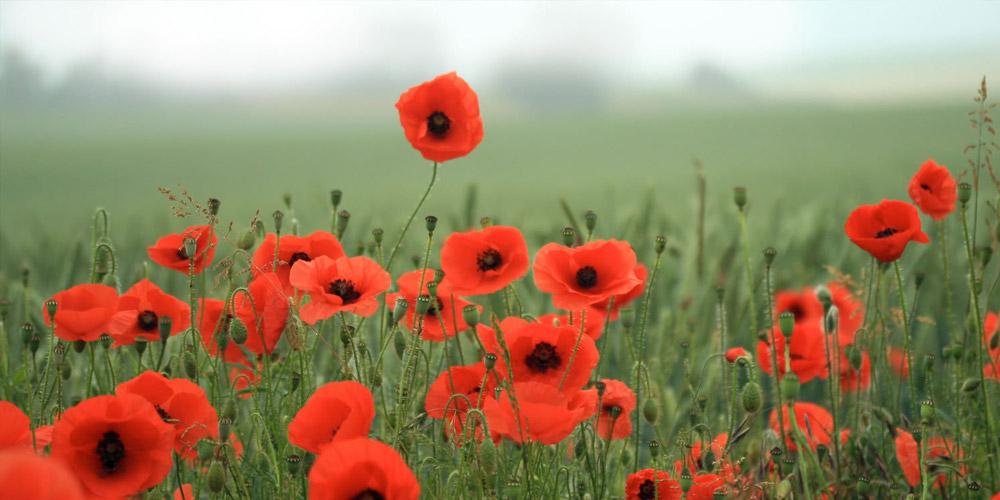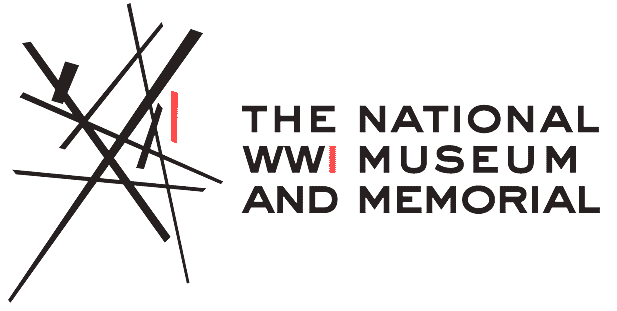
| « Previous | All topics | Next » |
Legacy and RemembrancePoppies
IN FLANDERS FIELDS
In Flanders fields the poppies blow
Between the crosses, row on row,
That mark our place: and in the sky
The larks, still bravely singing, fly
Scarce heard amid the guns below.
We are the Dead. Short days ago
We lived, felt dawn, saw sunset glow,
Loved and were loved, and now we lie,
In Flanders fields.
Take up our quarrel with the foe:
To you from failing hands we throw
The torch: be yours to hold it high.
If ye break faith with us who die
We shall not sleep, though poppies grow
In Flanders fields.
* * *
Inspired by McCrae’s poem, American Moina Michael began a campaign promoting the poppy as a symbol of remembrance. Her efforts led to the adoption of the poppy as a memorial symbol in the United States and in English-speaking countries overseas.
In recent years, awareness of the poppy’s significance has declined in the U.S., although it remains strong in Britain, Canada, Australia and New Zealand. The U.S. World War I Centennial Commission has launched a national campaign to revive the poppy as a national symbol while raising funds for a new national memorial for America’s World War I generation in Washington, D.C. Learn more!
| « Monuments & Memorials | All topics | Other Disciplines » |
Lessons/resources

Search the National WWI Museum & Memorial Resource Database
More resources/lessons
» World War I Poems: "In Flanders Fields" & "The Answer", 1918
Text of the famed poem by John McCrae, as well as an example of one of the many poems written in response. | The Gilder Lehrman Institute of American History
» WWICC Poppy Campaign
Raise funds for your group and the Memorial in DC! | U.S. World War One Centennial Commission
» In Flanders Fields Museum • Educational Services and Programmes
Lessons (middle- and high-school) and resources with a focus on the Belgian WWI experience. In English; mostly focused on local (Belgian) activities; may spur ideas for adaptation. | In Flanders Fields Museum